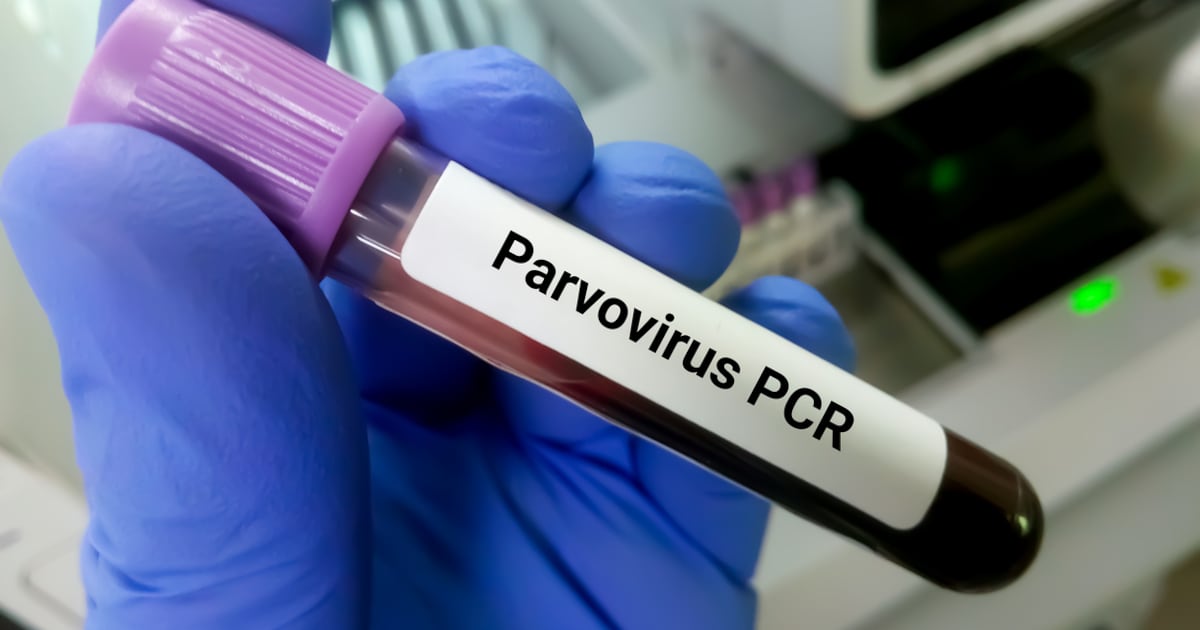“I used to work out in rural southeast Ohio, where parvo tended to be bad … and I never saw this many cases a day,” Delgado said.
ExploreTropical Smoothie Cafe opening in Middletown
Parvovirus is spread through feces and stays in the environment for eight months to years even if the feces is removed, according to Delgado. Unvaccinated dogs also shed the virus into the environment.
“It’s a very hardy virus,” Delgado said.
The clinic, which is on Manchester Road in Franklin, is also seeing an increase in feline panleukopenia, which is from the parvovirus family.
The increase in feline cases started in August, which then slowed down. Canine cases increased in October.
ExploreHoliday Whopla is now Reimagine Middletown and the ice rink is open
Delgado said her team is seeing cases in mainly older dogs and even dogs who are vaccinated.
“Historically, if a dog has been vaccinated for parvo, we don’t see them clinically ill,” she said. “They may have come across it, but we don’t see them with the typical symptoms.”
Symptoms to look out for:
Severe or persistent vomitingBloody diarrheaExtreme lethargy or weaknessSudden loss of appetite
Cats coming in are typically ones that go in and out of the house or have another pet in the house that does, according to Delgado.
Delgado said she asked Greater Cincinnati and Northern Kentucky clinics if there has been a similar uptick, but those clinics have not reported significant increases.
ExploreMiddletown communications manager resigns
Because of this, Delgado said it seems like the increase is localized to the Middletown and Franklin area.
To help reduce the spread of the illness and improve recovery outcomes, CareVet is advocating for early intervention, according to a press release.
The clinic also recommends pet owners exercise extra caution in dog parks, boarding facilities and grooming salons until more information is known about local cases.

